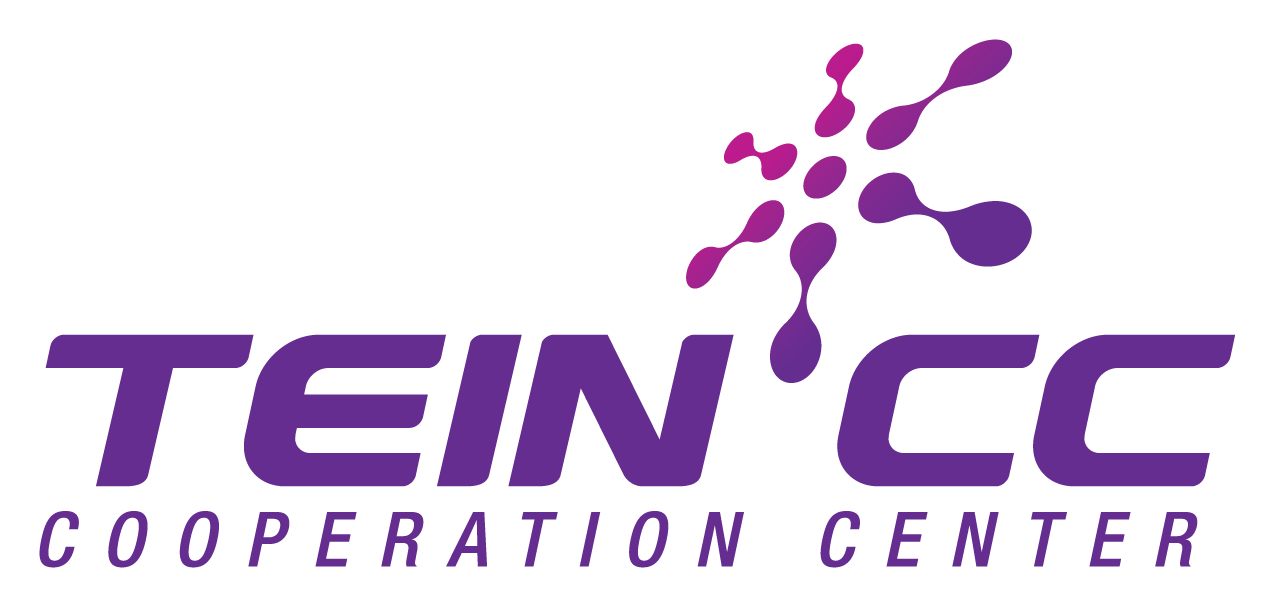Bridging the Digital Divide Through Knowledge Sharing
A strategic initiative to uplift the capacity of network engineers through structured exposure to best practices, modern tools, and collaborative operations from well-established National Research and Education Networks (NRENs).
Program Overview
The Capacity Building Program on NOC Operations addresses critical gaps in the technical and operational management of National Research and Education Networks across developing Asian countries. This initiative is part of Asi@Connect's broader vision of narrowing the digital divide and fostering knowledge sharing.
With the growing digital transformation in education and research sectors, NRENs are expected to handle increasing volumes of traffic with higher efficiency, security, and reliability. This program directly contributes to that aim through hands-on training and mentorship from leading global networks.
Participating Countries & Regions
The program included active participation from seven developing Asian countries, chosen due to their emerging demand for scalable, secure, and efficiently managed research networks:
Partner Organizations
The program was led by world-class network organizations, demonstrating a unique spirit of south-north technical exchange:
🇮🇳 National Knowledge Network (NKN) - India
Lead organization connecting over 1,600 institutions across India
🇯🇵 SINET & JGN - Japan
Advanced research network providing cutting-edge infrastructure
🇪🇺 GEANT - European Union
Pan-European research and education network
🇭🇰 HARNET - Hong Kong
Regional academic and research network
🇨🇳 CERNET - China
China Education and Research Network
Program Activities
Phase 1: Planning & Assessment
Initial online sessions between NKN and participating NRENs to assess current capabilities, including technical discussions around network performance, cost optimization, and incident handling.
Phase 2: Professional Nominations
Selection of qualified professionals through nominations and vetting processes to ensure diverse and skilled representation from each participating country.
Phase 3: Hands-on Training Visits
5-day intensive visits to developed NRENs featuring real-time ticket handling, service desk operations, monitoring dashboards, and security response workflows.
Phase 4: Problem-Solving Sessions
Interactive sessions where engineers presented live challenges and brainstormed solutions with host NOC experts.
Phase 5: Knowledge Transfer
Post-visit compilation of Learning reports and internal workshops conducted by trained professionals in their home countries.
Key Outcomes
NOC Professionals Trained
Successfully trained professionals who became in-house champions for network modernization
Staff Members Impacted
Each trained professional went on to train at least 10 other staff members, multiplying the program's impact
Inter-NREN Collaboration
New ecosystem of collaboration including peer review, tool sharing, and security protocol benchmarking
Future Directions
To ensure the program's benefits continue beyond its timeline, several initiatives are planned:
Periodic Follow-up Sessions: Regular webinars and refresher courses covering advanced topics like AI-driven monitoring, Zero Trust Architecture, and IPv6 planning.
Program Replication: Adaptation and implementation in other regions based on local needs, with participating countries expressing interest in creating mini NOC training academies.
Enhanced Inclusivity: Improved gender inclusivity and representation in future capacity-building efforts, including targeted outreach and mentorship for women engineers.
Sustainable Development Goals
Quality Education
Advanced educational opportunities in ICT
Industry & Innovation
Enhanced infrastructure through better network design and security
Partnerships
Strong international partnerships enabling knowledge sharing


